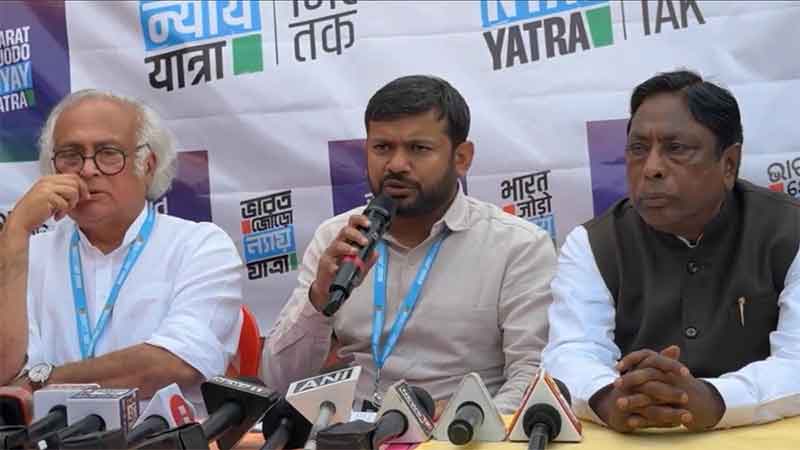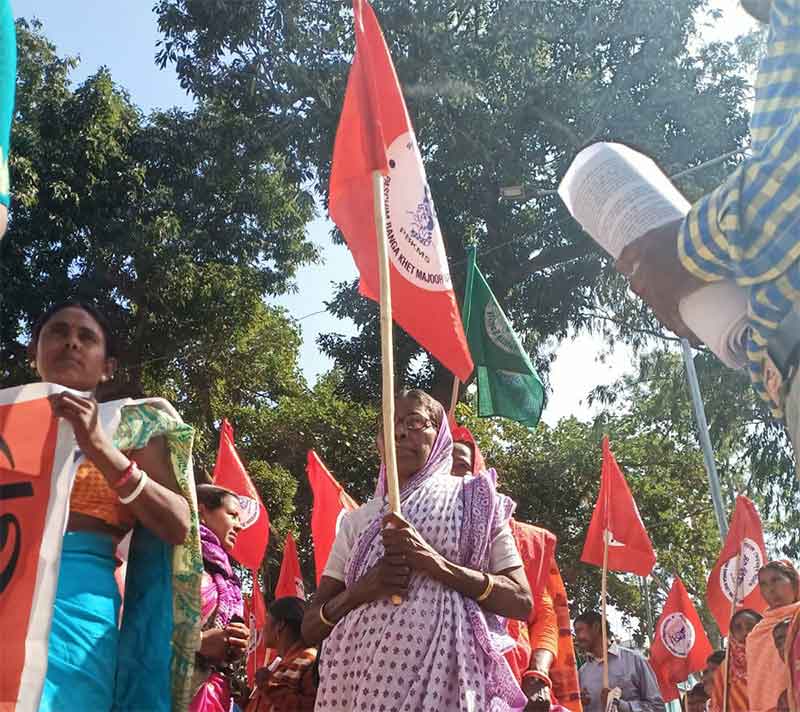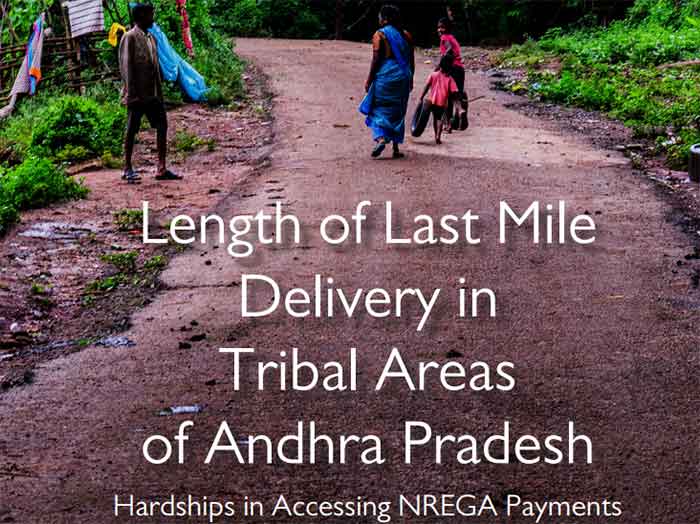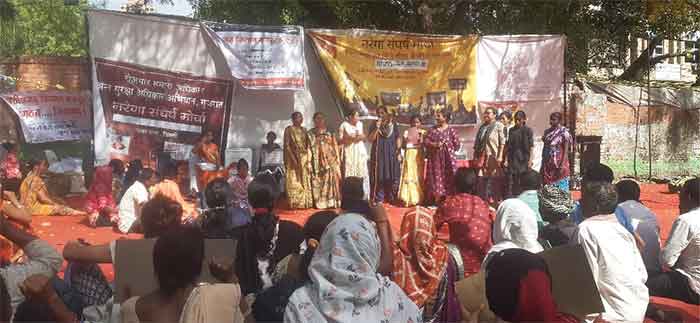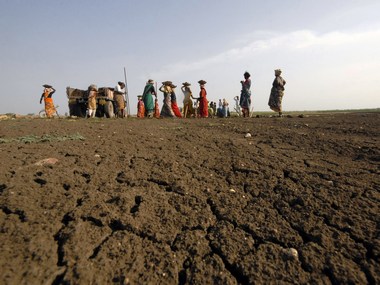
The Mahatma Gandhi National Rural Employment Guarantee Act currently offers 100 days of work to all rural households. Given the crisis in the economy and the slowdown of economic activity in urban centres, more people have now returned to their rural homes. NREGA Sangharsh Morcha on Saturday wrote to Prime Minister Narendra Modi seeking that the Union government extend the number of days of work that a household is entitled to under the programme to 150 days, to help labourers tide over the crisis created by the coronavirus pandemic.
“The Centre for Monitoring Indian Economy (CMIE) has reported an 8% unemployment rate in April as compared to 6.5% in March and that about 7.35 million people have lost employment between March and April end. CMIE has also reported that the rural weekly rate of unemployment for the week that ended on 13th June was 12%, which is significantly high. With business shut, jobs lost and salaries slashed, many people are pledging their household gold savings to borrow money to meet their essential expenditure as well as emergency medical requirements,” the letter states.
RBI data shows that loans against gold have jumped a whopping 82% since March 2020. Consumer expenditure at the same time had dipped, for the first time in 40 years. The Sangharsh Morcha demands that wages should be fixed at Rs600 per day, in accordance with recommendations of the Seventh Pay Commission. Payment should be timely, on a weekly basis at the work site rather than through the bank, which could prove cumbersome and difficult to track.
Migrant workers are among the hardest hit by the pandemic, the letter states. To curtail expenses, news reports have shown that adjustments are being made even to diet – many families are now unable to afford meat, eggs, fish, dal and vegetables, as prices have risen even as income has decreased. This could cause greater vulnerability to infection and have longer term consequences.
With more workers back home from urban centres, rural families are facing a huge crunch. The letter notes that increased indebtedness is bound to occur as “remittances are either reducing or being stopped completely”. With rising health expenditure in the time of the pandemic, people are forced to borrow money even to fund medical treatment. Healthcare, even before the pandemic struck, was scarcely affordable for the poor.
Small and marginal farmers who depend on sources of income outside of farming have been hit, as wages have dried up with the stoppage of public and private works. “In tribal pockets of the country, this dependence is even more due to low landholding and intergenerational land transfers,” the letter states.
NREGA proved a lifeline during the first wave of the pandemic in 2020, and demand for work under it rose 89% in April 2020. It could still serve to keep people fruitfully engaged. Among those seeking work under it last year were the educated unemployed who were left with nowhere to turn after the lockdown. In 2018, a study by the Indian Institute of Science Bangalore showed that work undertaken under NREGA was also doing the environment much good – it was reducing the chance of drought and improving carbon sequestration.
Budget allocation for NREGA, however, has not risen as required. “While last year the government had allocated additional Rs. 40,000 crores to NREGA over and above the budgeted estimate to tackle the situation, this time the budgetary allocation is significantly less than last year’s actual expenditure. Workers must get additional income opportunities through the programme to cope with their huge losses. As per the official Management Information System (MIS) for NREGA, as of June 14, more than 1.07 lakh households have already exhausted their 100 days,” the letter states.
The letter points out that Section 4.2.3 of the NREGA Master Circular 2019-20 enables the Ministry Of Rural Development (MoRD) to notify 50 days of additional unskilled manual work, over and above the existing provision of 100 days, for all job card holding households residing in areas hit by drought or any other natural calamity. “The Covid-19 pandemic is a severe calamity and has caused massive disruptions in the lives of the poor … The current situation demands that each NREGA worker can access additional employment for at least 50 days.”
Work under NREGA would offer protection to some of the most vulnerable people in society, people with no social security. “Given the rapid spread of coronavirus cases in rural areas, it is important to provide an additional safety net for the workers.”
The NREGA Sangharsh Morcha has also demanded timely payment of wages. Wages must not be delayed at this time, when poor households are struggling to cope, it said.
Rosamma Thomas is a freelance journalist
GET COUNTERCURRENTS DAILY NEWSLETTER STRAIGHT TO YOUR INBOX

